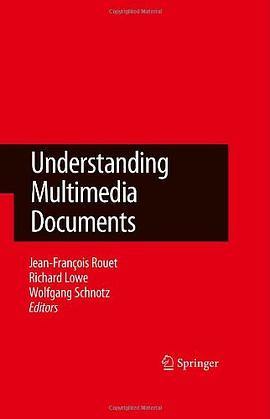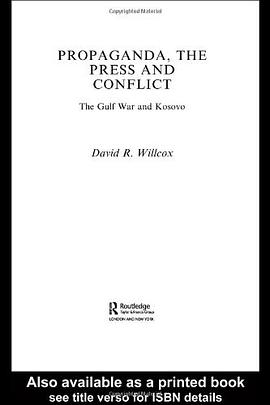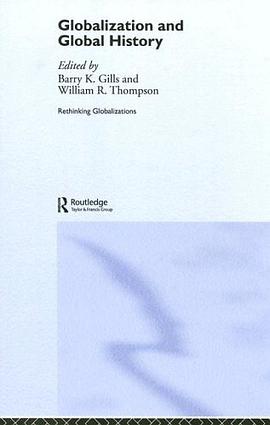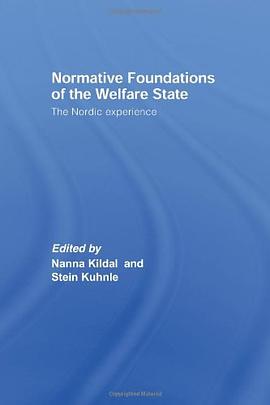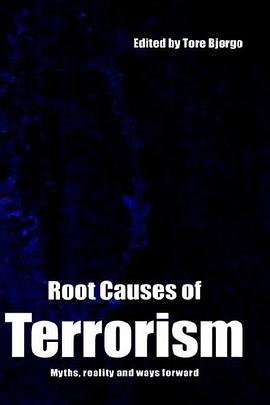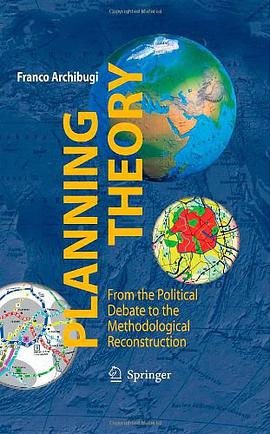

'...This book makes two really compelling arguments: Firstly, that planning theory has lost its focus on the planning process itself and how it can be used effectively to help people figure out what they want, how to get it, and why...Secondly, that planning theory also has lost its focus on the institutional interconnections of planning processes from national, to state or regional, to local levels, and back up again. I think the author is quite right on both counts...It strikes me that what is needed now is an integration of macro and micro perspectives, which is a point that the book makes at various stages' - Prof. John M. Bryson, Hubert H. Humphrey Institute of Public Affairs, University of Minnesota. 'In this book Archibugi criticises current planning theory literature and the current planning debate. His idea is that many authors use a notion of planning that is too ample and generic, with the consequence that their theory of planning is itself too ample and generic, and consequently of scant operative use for practitioners. Instead of a theory of planning (and in planning) we therefore have, today, some kind of theory on planning or about planning; a sort of meta-analysis or meta-debate that takes us nowhere. This is, in Archibugi's view, the main reason of the limited advances we have had in this field and of the loss of identity we - as planners and planning theorists - frequently experience...To find a remedy for this situation, Archibugi proposes returning to the idea of planning as a method of making rational decision; a method that is, to some extent, common to many areas. In this perspective...planning is essentially oriented toward optimisation. In the ex-ante voluntaristic perspective adopted, planning cannot be anything but an effort to achieve the best possible result, within given constraints, with regard to the objectives undertaken...In this perspective, forms of participative, collaborative, co-operative planning are not a new mode or kind of planning, but, instead, they are procedures for a viable form of planning intended as a good decision process (not exactly new procedures, and yet still relevant in particular situations). From this idea of planning we can derive some fundamental consequences for planning theory itself...Planning theory is not a philosophical, sociological or politological enterprise, but a methodological one. Planning theory can be seen as a theory dealing with the logical and operational frame of any planning procedure intended as a rational method of decision and choice...Planning theory is essentially interested in exploring and showing what is useful to correctly decide and act, and not simply how to know the world as it is. Archibugi's book is both stimulating and provocative, and also courageous in challenging many new orthodoxies in the planning field (note how criticising the rational approach has become a kind of universal sport)' - Stefano Moroni, Professor of planning, 'Polytechnic University' of Milan [from "Planning Theory Volume 4, 2005", Sage Pubblications].
具體描述
讀後感
用戶評價
相關圖書
本站所有內容均為互聯網搜索引擎提供的公開搜索信息,本站不存儲任何數據與內容,任何內容與數據均與本站無關,如有需要請聯繫相關搜索引擎包括但不限於百度,google,bing,sogou 等
© 2025 onlinetoolsland.com All Rights Reserved. 本本书屋 版权所有

